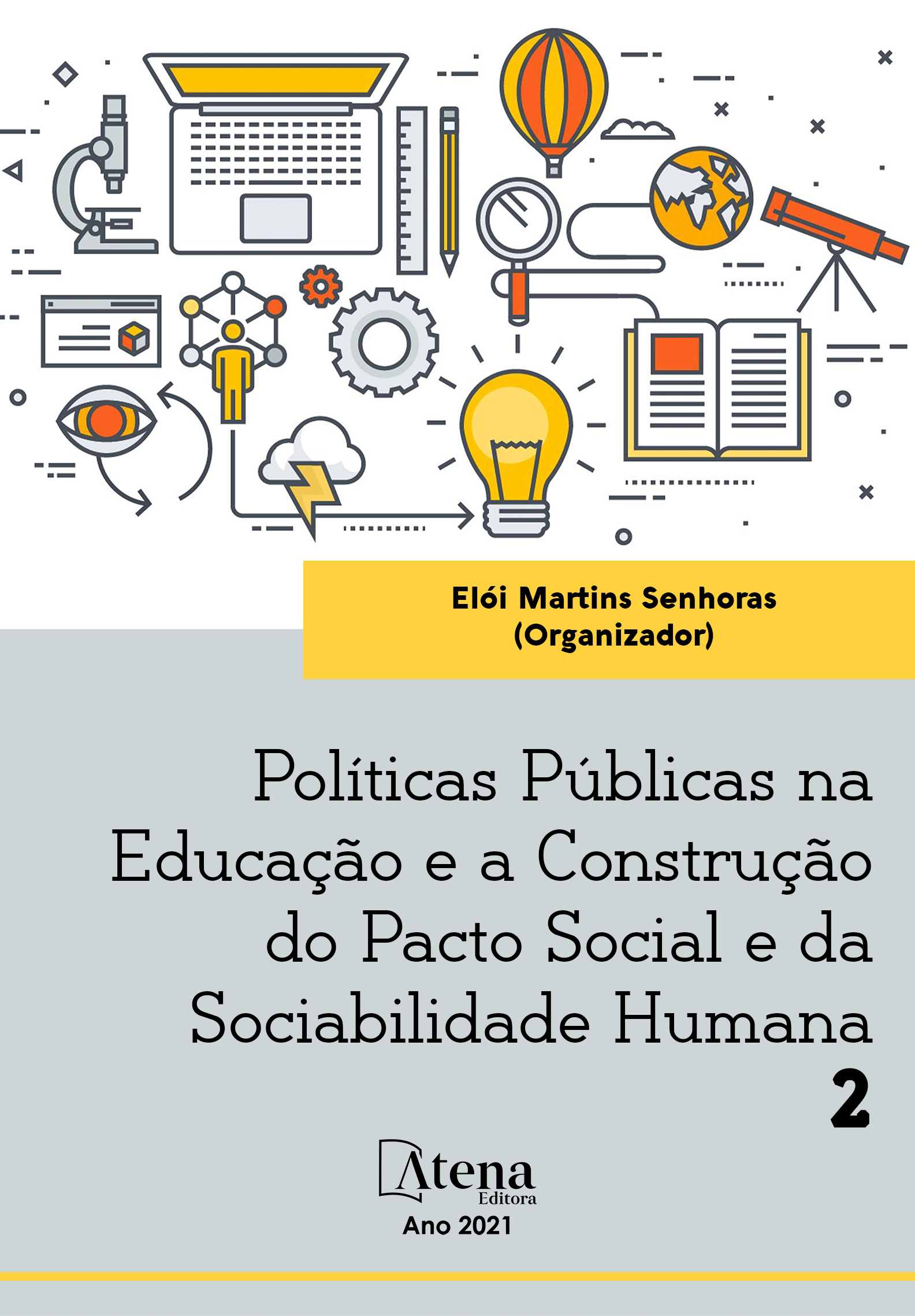
A CONSTRUÇÃO DO CONHECIMENTO ESCOLAR SOB A DEMOCRACIA UTÓPICA NA PRIMEIRA DÉCADA DO SÉCULO XXI.
O acesso à educação escolarizada é uma herança herdada da história, sob as condições de igualdade entre os seres humanos. No Brasil, tardiamente ocorreu esta transformação nas relações interpessoais possibilitando a proximidade dos saberes escolares com um grande público. Esta condição hoje constitucional é inclusive caracterizada de democrática. Mergulhados na Pedagogia do Oprimido de Paulo Freire desenvolvemos uma síntese do que é ser oprimido e “libertar-se” da ignorância ambivalente da nossa existência como cidadãos brasileiros. Com o propósito de apontar soluções para o alcance de metas alfabetizadoras para o sistema educacional brasileiro, este artigo se debruça em teorias sociais e levanta uma hipótese sobre o valor da inclusão escolar de indivíduos estatísticos. A leitura desses dados pelo olhar provocativo de Frantz Fanon, ambivalente de Hommi K. Bhabha, além da sede por educação libertadora de Paulo Freire e pelas lentes de Stuart Hall, desenrolamos nas linhas que seguem uma visão revolucionária utópica. Soluções a longo prazo sempre partem de um ponto, tentaremos esclarecer a que ponto nos prendemos para darmos linha ao contexto educacional pós-colonial do País. O presente artigo se propõe em relacionar a história da construção organizacional brasileira com os problemas educacionais e apontar uma solução viável para melhorar a meta de alfabetização e fim da evasão escolar no Brasil.
A CONSTRUÇÃO DO CONHECIMENTO ESCOLAR SOB A DEMOCRACIA UTÓPICA NA PRIMEIRA DÉCADA DO SÉCULO XXI.
-
DOI: 10.22533/at.ed.24621160111
-
Palavras-chave: Democracia Utópica; Acesso a Educação; Educação e Racismo.
-
Keywords: Utopian Democracy; Access to Education; Education and Racism
-
Abstract:
Access to education is an inherited heritage of history, under the conditions of equality between human beings. In Brazil, this transformation in interpersonal relationships occurred late, enabling the proximity of school knowledge to a large public. This constitutional condition today is even characterized as democratic. Immersed in paulo freire's Pedagogy of the Oppressed, we developed a synthesis of what it is to be oppressed and "free" from the ambivalent ignorance of our existence as Brazilian citizens. With the purpose of pointing out solutions for achieving literacy goals for the Brazilian educational system, this article focuses on social theories and raises a hypothesis about the value of school inclusion of statistical individuals. The reading of these data by the provocative look of Frantz Fanon, ambivalent of Hommi K. Bhabha, in addition to the place of liberating education of Paulo Freire and the lens of Stuart Hall, we unfold in the lines that follow a utopian revolutionary vision. Long-term solutions always start from a point, we will try to clarify to what point we hold ourselves to give line to the postcolonial educational context of the country. This article aims to relate the history of Brazilian organizational construction with educational problems and to point out a viable solution to improve the goal of literacy and end of school dropout in Brazil.
-
Número de páginas: 17
- Tulane Silva de Souza Pedrosa


